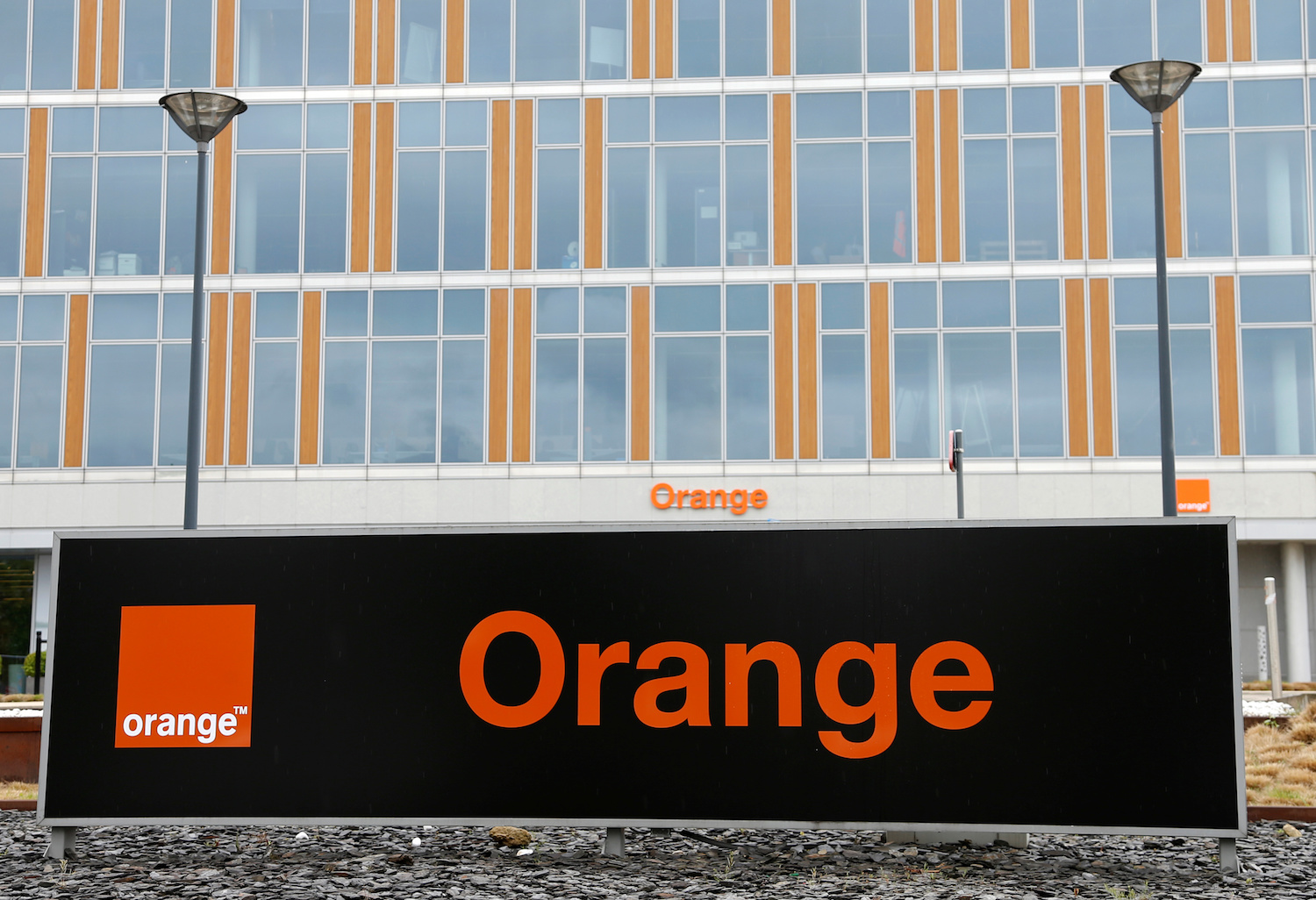Telecoms operators Orange Belgium and Proximus have decided to progressively replace Huawei-made mobile equipment in Belgium and Luxembourg with Nokia gear, two sources close to the matter said.
The sources said the operators, which share their mobile network, had faced political pressure to drop Huawei as a supplier following US accusations that Huawei’s gear could be used for spying by Beijing.
Orange and Nokia declined to comment. Proximus did not immediately respond to a request for comment on Thursday evening, while Huawei had no immediate comment.
The move by Orange and Proximus represents one of the first cases in Europe where commercial operators have dropped Huawei from their next generation mobile Internet, or 5G, networks in response to political pressure.
China and Huawei deny the spying allegations. But Belgium’s capital Brussels is home to the European Union’s executive body and parliament, making it a strategic location and a matter of particular concern for US intelligence agencies.
“There’s a profound insistence on the need to push Huawei towards the exit,” one of the two sources said.
“There’s also a growing concern about Huawei’s capacity to produce its equipment,” the source added, referring to the United States’ decision to cut off Huawei’s access to vital computer chips.
Nokia announced late last month it had clinched a deal with Britain’s biggest mobile operator BT to supply 5G radio equipment.
Proximus and Orange’s Belgian division signed an agreement last year to share their mobile network, which is why the decision to shift to Nokia was a collective one.
Orange Belgium has partnered with Huawei since 2007 for the deployment of its mobile network in Belgium and Luxembourg. Proximus chose the Shenzhen-based company in 2009 for the progressive upgrading of its network.
Other European countries are moving towards greater restrictions on Huawei.
The German government is planning tougher oversight of telecoms network vendors that will make it harder for Huawei to keep a foothold in Europe’s largest market.
France, the EU’s second-largest economy, will de facto ban Huawei’s mobile equipment by 2028, sources close to the matter said in July.
(Reporting by Mathieu Rosemain and Supantha Mukherjee; Additional reporting by Foo Yun Chee; Editing by Christian Lowe)
























